Split The Bills bundles your choice of the bills into one easy payment. Avoid the awkward bill chat with your housemates, go spend more time enjoying student life!
As of April 2024, a TV licence now costs:
If you buy your licence now it will start today. You’ll then be covered for the rest of this month and 11 months after that. You can be fined up to £1,000 if you watch or record live TV without a TV licence.
| Type of licence | Annually | Quarterly | Monthly | Weekly |
|---|---|---|---|---|
| Colour/live streaming | £169.50 | from £43.62 (including a £1.25 charge) | from £14.12 | from £6.50 (using a payment card) |
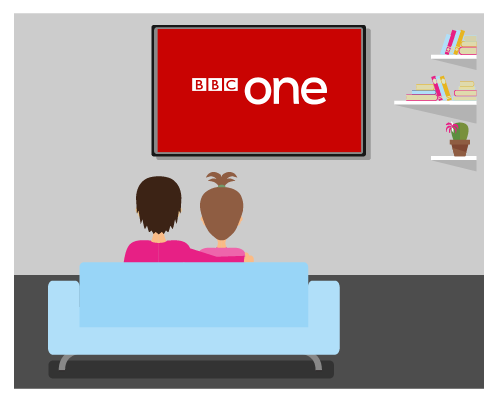
A TV licence essentially allows you to watch live TV. Live TV doesn’t just mean live events like a football match but anything that is being shown on the telly at that time.
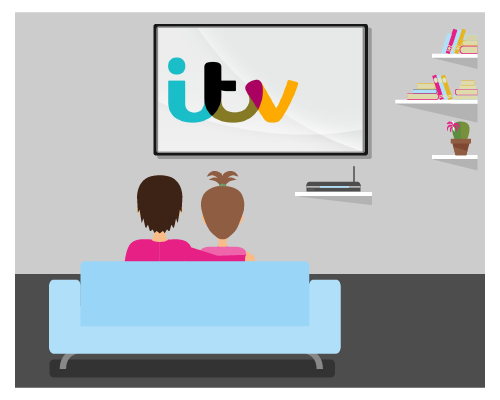
A TV licence allows you to record live programmes for later viewing. If you don’t have a TV licence, you can’t record shows as they are being aired.
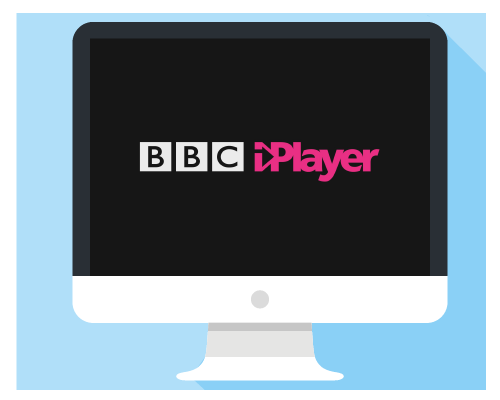
You always need a TV licence to watch or download any BBC programmes (including iPlayer) even when it’s on catch-up.
A single TV licence lets you watch TV on multiple devices, including:
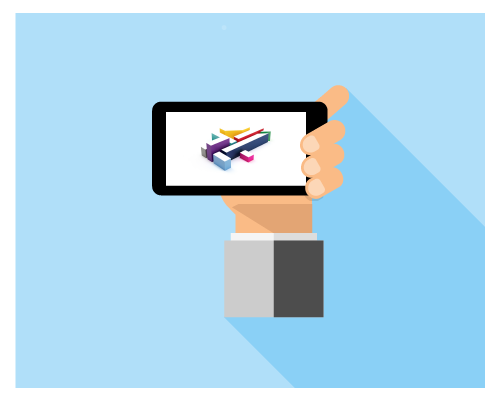
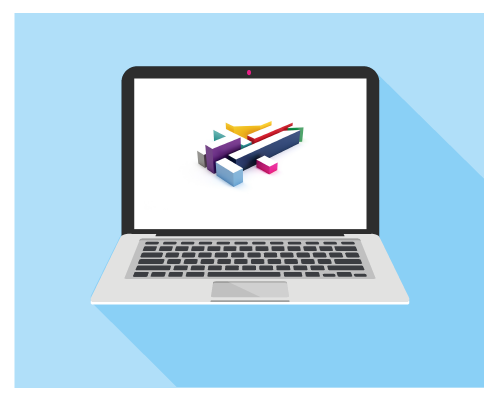
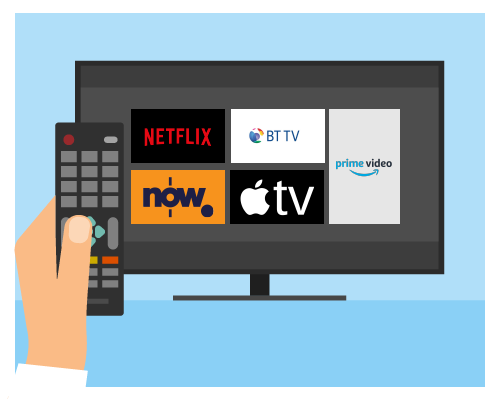
The main ways to pay for a TV licence are.
For a full list, have a look at the TV Licensing website.
Direct debit is the easiest and most popular payment option. With direct debit, your TV licence is automatically renewed every year. You can also change how often you make your payments, whether it’s annually, monthly or quarterly.
Monthly payment is usually the most popular option. However, you’ll need to be aware that the first Direct Debit licence is spread over six months, at around £28.25 a month. From then on, you’ll pay around £14.12 a month.
To set up a direct debit, sign up at tvlicensing.co.uk.
A TV Licensing payment card gives you flexibility. Rather than one annual payment, you can pay fortnightly or monthly. With a payment card, you can pay online, at any PayPoint, by phone or by text.
You can apply for your TV Licensing payment card for free at the TV Licensing website.
After you’ve applied, you’ll receive a payment plan from TV Licensing which tells you what you need to pay and when.
If you’re paying the full annual amount, you can do so by cheque.
You’ll need to make the cheque payable to TV Licensing and include:
For more information and TV Licensing’s address, click here
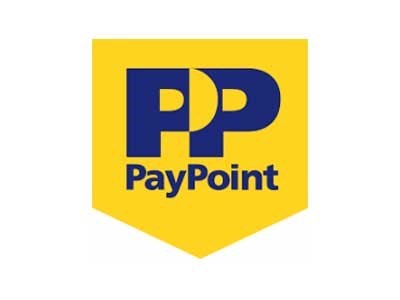
There are over 29,000 PayPoints across the UK. You’ll usually find them in newsagents, supermarkets and petrol stations. Look for a sign like this one.
At a PayPoint you can buy, renew or make payments towards your TV licence.
Find your nearest PayPoint.
Your TV licence number is the individual number TV Licensing uses to identify your account. Think of it as a customer reference number. When you move house, you can quote your TV licence number as a way for TV Licensing to update your address.
Your TV licence number is shown clearly on your bill/letter. Keep one of these documents safe in case you need to contact TV Licensing.
You must inform TV Licensing when you move, as your licence does not follow you automatically. You can update your details online by providing your last name, TV licence number and postcode.
You will normally be covered if the licence is in the name of your partner, a family member or a joint tenancy or joint mortgage holder. If you’ll be a tenant at the new address, you’ll need your own licence for that property.
Click here to update your details.
The easiest way to renew your TV licence is to set up a direct debit, as this ensures your licence is renewed automatically.
Otherwise you can renew your TV licence online by visiting the TV Licensing website.
To renew, you’ll need to give:
If you’ve decided not to watch live TV or you’ve moved to a house that already has a licence, you can cancel your TV licence.
You may be eligible for a refund if you have at least one full month left on your licence. Find out whether you’re eligible by using the TV licence refund checklist
If you’re not planning to watch any live television or stream any content on BBC iPlayer, you legally don’t need to pay for a TV licence. Remember it’s not just TVs that play live television—laptops, desktops and mobile phones do too, so think carefully if you watch anything live on any device. If you don’t need a TV licence, simply tell TV Licensing. You’re declaring that you don’t and won’t watch any live television or download any programmes from BBC iPlayer. Remember: TV Licensing will check to make sure you aren’t breaking the law.
As a general rule, you (or your house if you have a joint tenancy agreement) will need to pay for a licence if you plan on watching live TV or watching anything or BBC iPlayer. However, according to the TV licence website, you can be covered by your parent’s TV licence under specific circumstances.
Check out our blog, ‘When are Students Exempt from a TV Licence?’, for all the details.
A TV licence is yet another annoying bill. It gets especially difficult when you have to then split these bills with your housemates! Someone ends up having to be in charge of chasing missed payments (nobody wants to be that person) and everything can end up a bit stressful.
Split The Bills can get rid of that stress by organising all your bills for you! We’re the experts in managing shared house bills for students!
